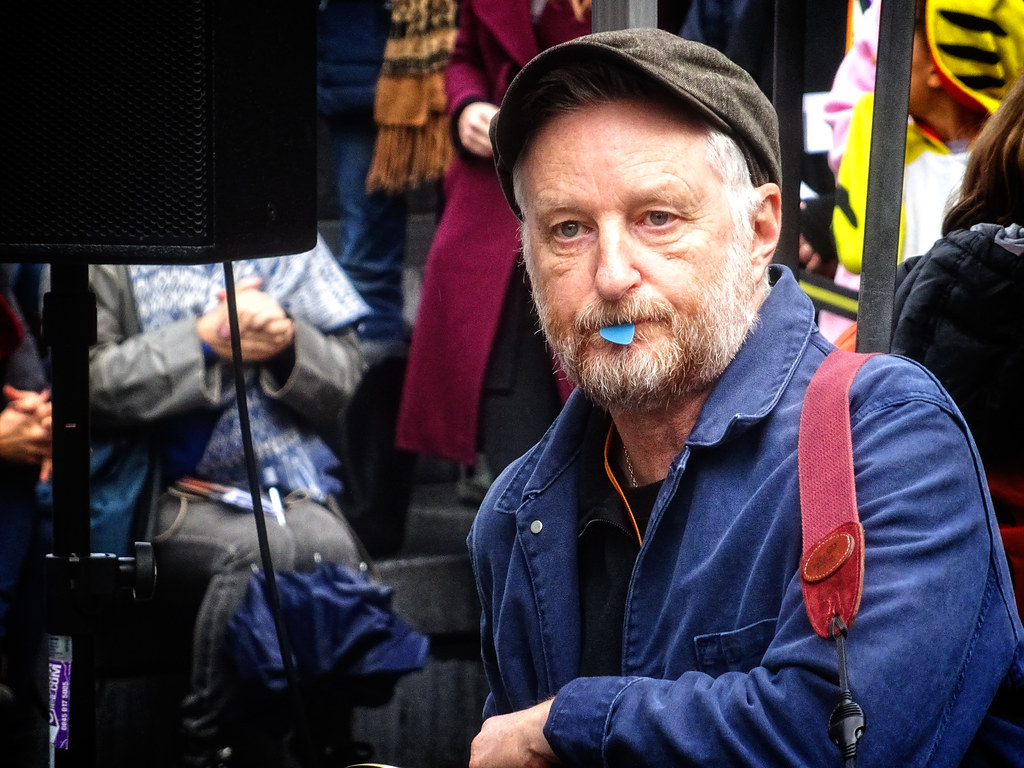Billy Bragg Broken Down

Finding fame in the 1980s, Barking-born Billy Bragg quickly made a name for himself as an extremely politically charged musician. In this post, I’ll be breaking down some of his most powerful lyrics in some of his most famous songs, analysing their implications and how they made an impact in the Tory-led Britain of the end of the century. There is power in a factory, power in the land Power in the hand of the worker But it all amounts to nothing If together we don't stand There is power in a Union. Perhaps his most well-known single, "There Is Power in a Union" was first released in his 1986 album ' Talking with the Taxman About Poetry'' . Set to the tune of " Battle Cry of Freedom ", the song discusses the need for and benefits of unionisation, encouraging the working class to unite in order to incite change and reform. I was a miner I was a docker I was a railway man Between the wars I raised a family In time of a...



